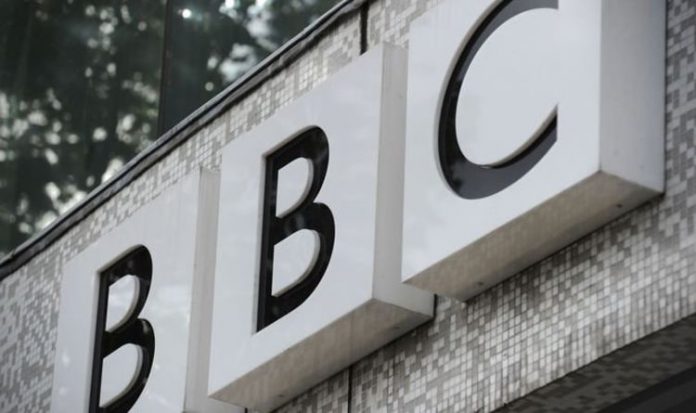BBC licence fee: ‘They had five years to prepare’ fumes Gullis
Richard Sharp spoke at the Digital, Culture, Media and Sport Committee yesterday following the Government’s announcement that he is the preferred candidate for the post of BBC chairman. During the meeting, he said he was not in favour of the decriminalisation of the licence fee, describing it as “the least worst” method of funding the BBC. But his comments sparked outrage from commentator Darren Grimes who said it was “obscene” that people are expected to continue funding the BBC.
He wrote on Twitter: “I’ve just listened to the Government’s pick for BBC Chair speak to @CommonsDCMS.
“He confirmed he is against decriminalisation of non-payment of licence fee.
“Sorry, but any ‘People’s Government’ would realise it is obscene to say we must fund the BBC to watch live TV elsewhere.”
Mr Sharp said: “The question is, ‘Is the BBC value for money?’ Yes it is. How do we raise that money?
“That is certainly an issue.
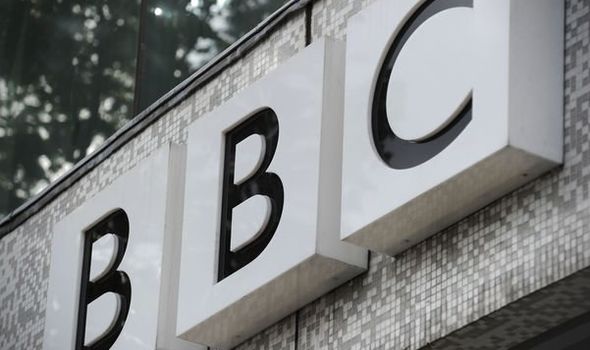
The BBC has come under fire over the licence fee (Image: GETTY)
“I happen to be satisfied looking at it in a relatively superficial way that the current process is fit for purpose.”
The BBC’s television licence costs £157.50 a year.
People who are caught watching television without a licence can face fines of up to £1,000, as well as court costs.
Only those who receive pension credit benefit and are aged over 75 will be eligible for a free licence.
READ MORE: BBC POLL: Should incoming Brexiteer boss scrap TV licence fee?
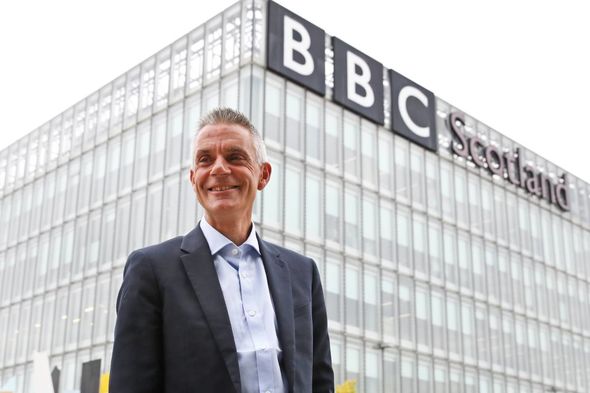
BBC director general Tim Davie previously cracked down on bias (Image: PA)
Mr Sharp, who was once Chancellor Rishi Sunak’s boss, will take over from Sir David Clementi.
His new role comes as the BBC has faced months of scrutiny over equal pay, diversity, free TV licences for the over-75s and competition from streaming services such as Netflix, as well as the ongoing coronavirus crisis.
Asked whether he was a supporter of Brexit, he replied: “I am considered to be a Brexiteer.”
But he said it was not a “universally held view” that the BBC had been partial in its coverage of the Brexit referendum.
DON’T MISS
Leading Brexiteer savages BBC over lack of political diversity [VIDEO]
BBC attacked for ‘splashing cash’ on celebrities for online learning [REACTION]
‘BBC won’t exist in five years!’ Broadcaster sent dire warning [REVEALED]
BBC licence fee: Over-75s have ‘had enough’ says campaigner
He said: “Those people in favour of Remain felt the BBC didn’t appropriately discuss the accuracy of the Brexit campaign.
“Brexiteers felt that, and there have been studies done, that the representation of Brexiteers on the news and certain programmes, for example Question Time, wasn’t balanced.
“I suffer like anybody, like each one of you, confirmation bias and the question is, ‘What is the empirical truth?’
“And there have been studies and there has been some acknowledgement that some aspects of the Brexit coverage, from time to time, was not balanced.
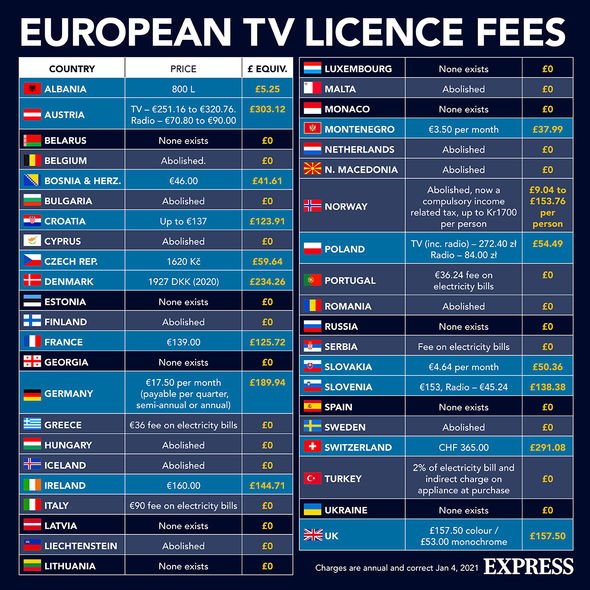
Britons pay £157.60 a year for a TV licence (Image: EXPRESS)
“But I think both sides have issues with how the BBC delivered its view.”
Asked whether he himself believed the BBC’s coverage of Brexit had been unbalanced, he said: “No, actually I don’t.
“I believe there were some occasions when the Brexit representation was unbalanced.
“So if you ask me if I think Question Time seemed to have more Remainers than Brexiteers, the answer is yes, but the breadth of the coverage I thought was incredibly balanced, in a highly toxic environment that was extremely polarised.”
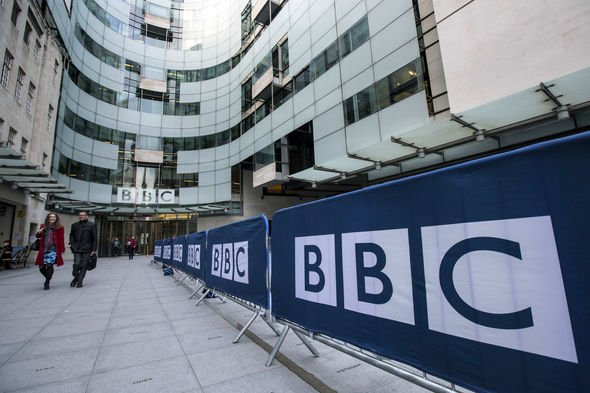
Mr Sharp also stressed the importance of serving the BBC’s regional audience (Image: GETTY)
Mr Sharp also stressed the importance of serving the BBC’s regional audience.
He told MPs: “If the BBC doesn’t mean anything to somebody in Sunderland then it is failing.”
The BBC has defended the licence fee for ensuring the corporation serves “all audiences”.
A BBC spokeswoman previously told Express.co.uk: “The licence fee continues to ensure the BBC is an independent, universal broadcaster, committed to serving all audiences and investing in British creativity.
“It is the agreed method of funding until at least 2027 and any further debate on this will be for the next Charter discussions.”
